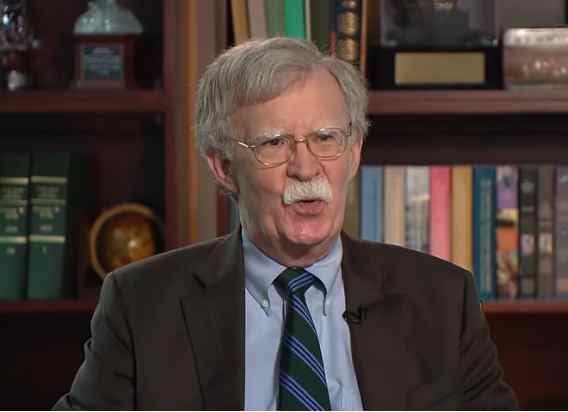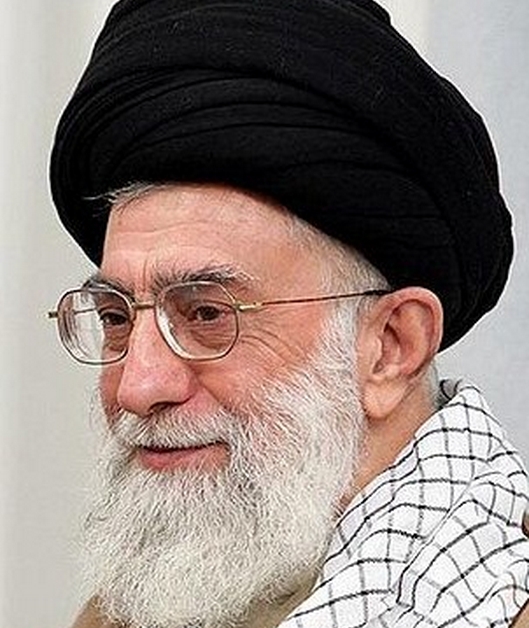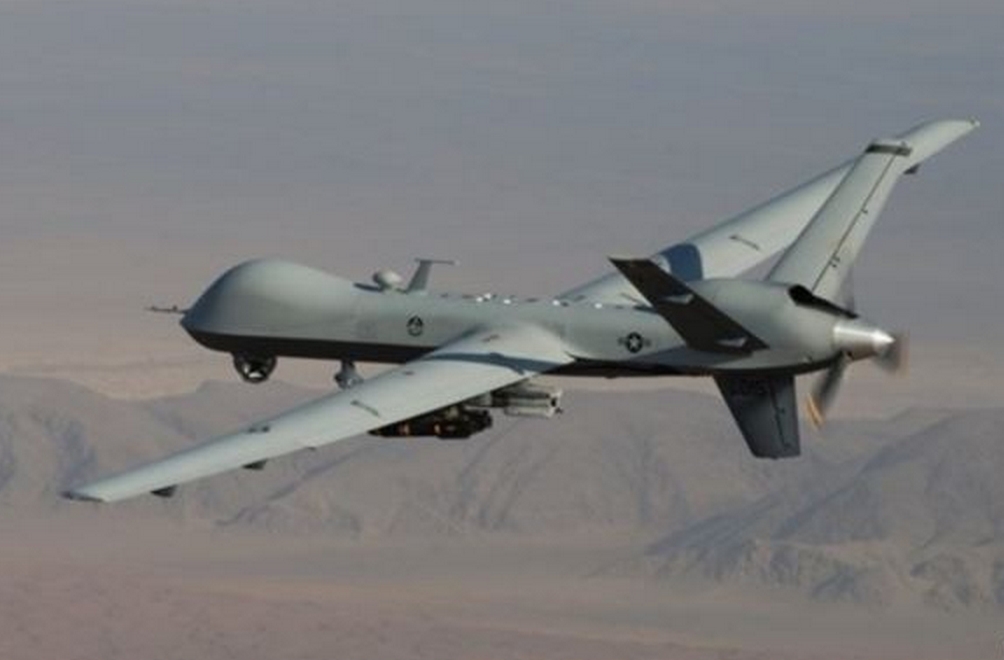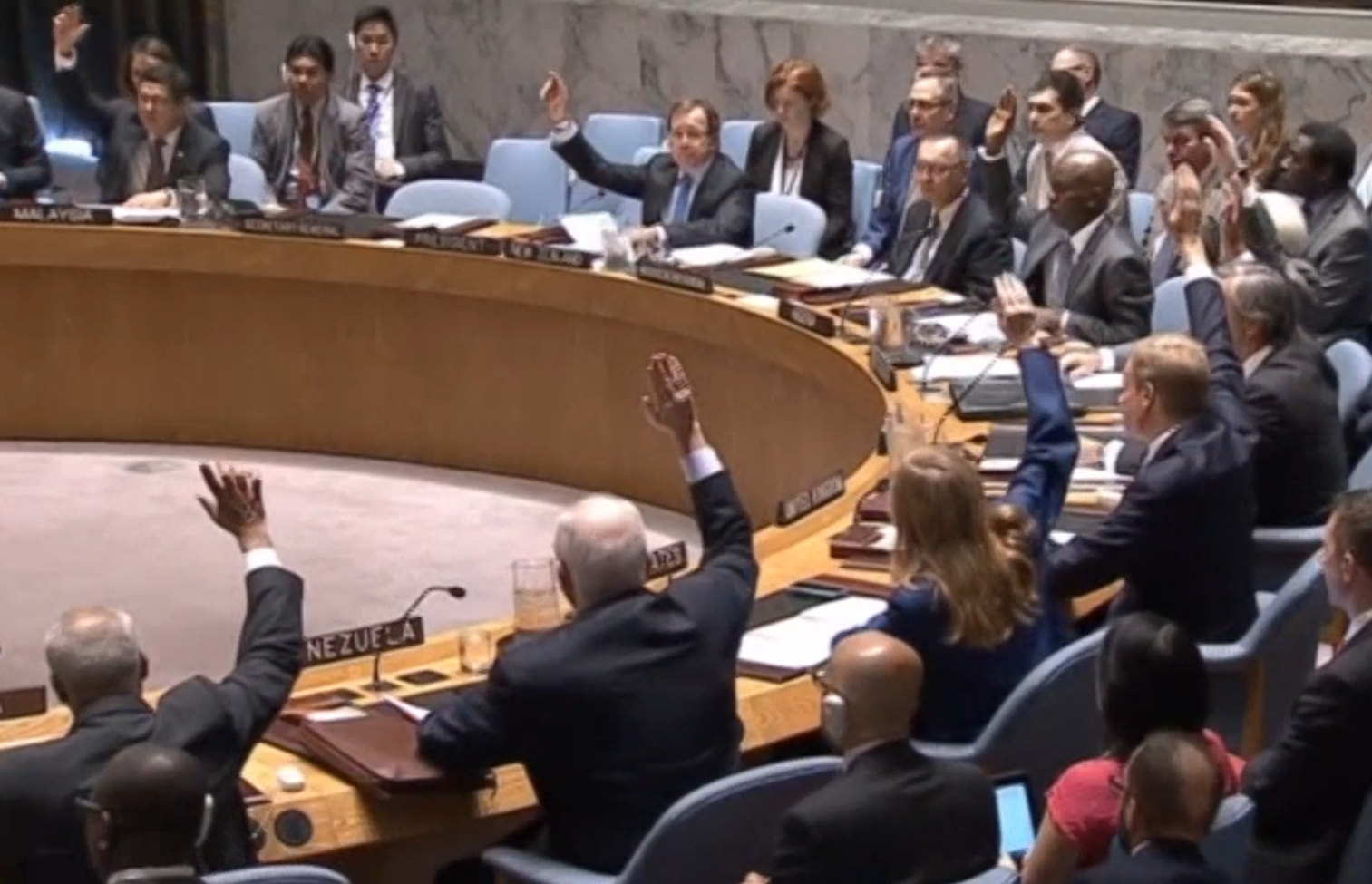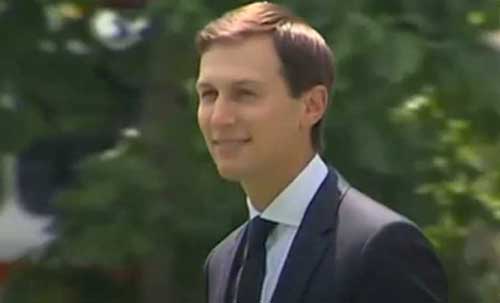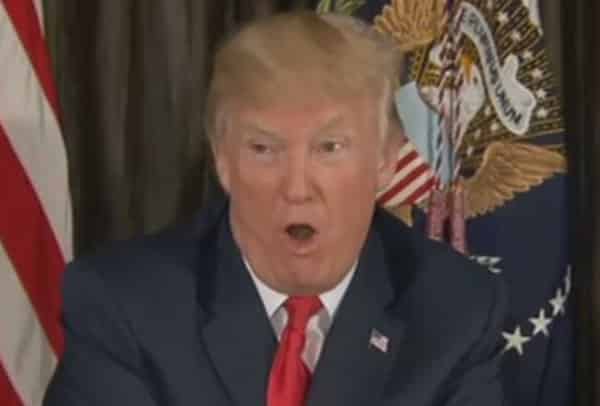LONDON – Analysts warn that Saturday’s drone attack on two Saudi oil facilities, which appear to have shattered the prospect of a rapprochement between Tehran and Washington, could push the price of a barrel of oil as high as $100.
The drone strike came as it emerged that U.S. President Donald Trump had been thinking of easing sanctions on Iran as a way of encouraging Iran’s leaders to the negotiating table to discuss a deal aimed at curbing renewed Iranian nuclear enrichment.
President’s Trump’s dismissal last week of his national security adviser John Bolton — a consequence of the president’s thinking, according to media reports — had prompted optimism of at least the chance of an easing of tensions between Washington and Tehran.
Iranian newspapers celebrated the departure of Bolton, who they described as the “most anti-Iranian official” close to the U.S. President.
But cautious optimism has given way to gloomy predictions of a deepening crisis amid a sharp rise in angry rhetoric and Iranian threats that Tehran is prepared for “fully fledged war” with the U.S. after Washington accused Tehran of being behind the drone attacks on two important Saudi oil sites, which have cut Saudi Arabian oil production by half.
[content id=”79272″]
Analysts now say that the U.S. and Iran are possibly at their closest point to an all-out conflict since President Trump re-imposed sanctions on Tehran last year when he abandoned an international agreement aimed at Iranian nuclear activity.
Iran denies it is behind the drone strike that led to a 5% cut of global oil supplies. Tehran-backed Houthi rebels in Yemen have claimed responsibility for the attack, saying they used 10 drones to knock out facilities at Abqaiq and Khurais, creating a huge fire. Saudi Arabia will face weeks without full crude and gas production capacity, its officials admit.
Impact on oil prices
Oil prices soared in Asia and Europe Monday. In London, there was a 20% surge — the biggest spike in a single day since the 1980s, with a barrel of Brent crude hitting $71 in morning trading amid warnings that prices at petrol pumps will likely rise and so, too, heating costs.
“We have never seen a supply disruption and price response like this in the oil market,” Saul Kavonic, an energy analyst at Credit Suisse, told Bloomberg. “Political risk premium are now back on the oil market agenda.”
President Trump warned Sunday that the U.S. was “locked and loaded” and ready to respond to the drone attacks on the petroleum processing facilities, saying Washington knew who was behind the strikes. “[We] are locked and loaded depending on verification, but are waiting to hear from the Kingdom [of Saudi Arabia] as to who they believe was the cause of this attack and under what terms we would proceed!” he tweeted.
U.S. officials released satellite images and cited intelligence to back their claim that Iran was behind attacks. U.S. officials say the direction and scale of the drone strikes cast doubt on Houthi involvement. Iranian general Amir Ali Hajizadeh, commander of the Islamic Revolutionary Guards Corps’ aerospace force, said Sunday any U.S. facility or ship within 2000-kilometers Iran was within range of its missiles.
For oil markets the drone strikes represented the single worst sudden disruption ever in oil supplies ever, say analysts, surpassing the loss of Kuwaiti and Iraqi petroleum supply in August 1990, when Saddam Hussein invaded his smaller neighbor. The drone strikes have come at a critical moment for the global economy, which has been slowing amid recession fears.
Market analysts warned Monday that investors will no longer ignore the growing instability and unpredictability in the Persian Gulf. “Higher oil prices will cut into profits of every single sector in the economy: less money in consumers’ pockets, less profit at the company level,” said Kate Samranvedhya, a Singapore-based investment officer for an Australian bond-trader.
Uncertain future
Both Washington and Riyadh have moved to try to calm oil fears. Saudi officials say they are holding talks with other oil-producing countries to see whether they can make up the shortfall in the kingdom’s oil production. And President Trump has said he may tap into the U.S. strategic oil reserve.
But some analysts fear the drone strikes could be repeated and note that Iran’s hardliners have shown an increasing willingness to strike directly at Western interests in a dangerous game of brinkmanship. Iran has seized several foreign-flagged oil tankers in the Gulf over the past four months and it downed a U.S. spy drone in June.
Last week it emerged it has been holding three Australians on spying charges. Western officials say the espionage allegations are trumped up and the trio, including an academic and travel blogger, are being held to give Iran political leverage on a number of ongoing disputes with the West.
Source: VOA



